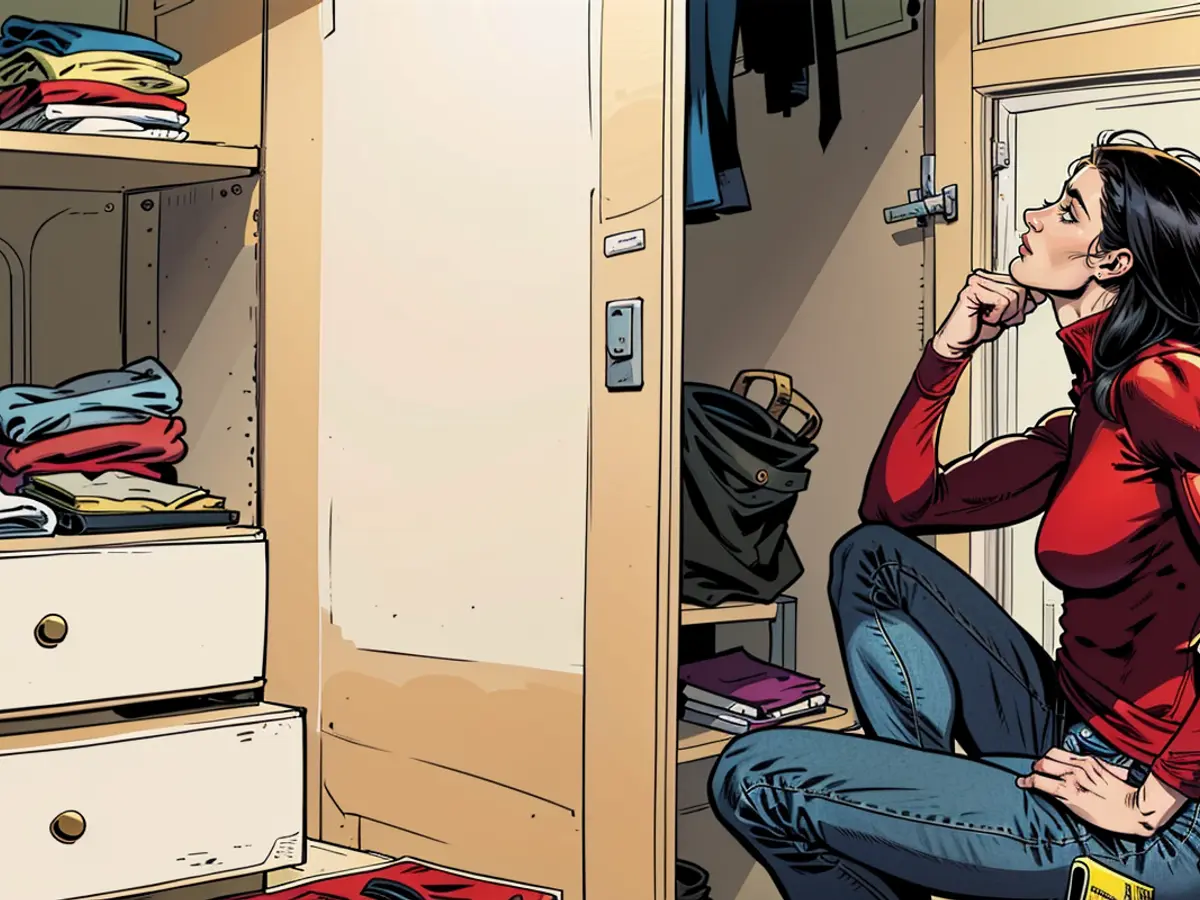- Efficient waste disposal strategies – tips for decreasing resource intake
Self-Exploration De-Cluttering: In collaboration with the public, the Technical University of Berlin (TU) has created a blueprint for a more eco-friendly lifestyle. A Citizen Science project titled "My Stuff – I am what I (don't) own", led by TU, introduced exercises for leading a frugal life, which are conveyed in the "Consumption Map".
Individuals typically held around 1,500 items: garments, literature, electronics, cooking utensils. Surprisingly, only 30 to 60 percent were regularly utilized, while the remaining items remained idle. Scholars inquired about how mindful de-cluttering could result in less purchasing in the future. The aforementioned Consumption Map is an interactive tool designed to assist individuals in examining their personal belongings and consumption habits, thereby consuming less in the long run.
Individuals maneuver through four stages. In the initial stage, they assess their own possessions: When and why did this object enter my living space? Does it bring me happiness? Would I choose to acquire it again? Such queries contribute to comprehending the attributes of one's assets and their significance to one's self.
Fix, Donate, Sell
In the second phase, it's about simplifying. The manual elucidates why de-cluttering may be painful and offers strategies to overcome this. Utilizing various exercises, numerous items can depart from the house on a daily basis.
However, not everything needs to be discarded. Phase three revolves around alternative utilization, even for others: Repairing, donating, selling, giving, or swapping are the emphasis. The manual offers links, for example to innovative methods to mend rips in woodwork, and details charity projects that welcome donations.
Finally, phase four is about preserving momentum. Here, the guide offers suggestions on how to perpetuate new, more sustainable habits, thereby preventing a return to old purchasing habits. In the long term, the guide might help minimize consumption, as per researchers.
Guide to Reducing Consumption
The "Consumption Map" encourages individuals to examine their belongings within The Community, promoting self-reflection and understanding of their consumption habits. By considering questions like the significance of each item and its emotional impact, people can make more conscious decisions.
Following the "Fix, Donate, Sell" phase, members of The Community can contribute to reducing waste by repairing items, donating them to charities, or selling them to others, reinforcing a culture of reuse and shared resources.








